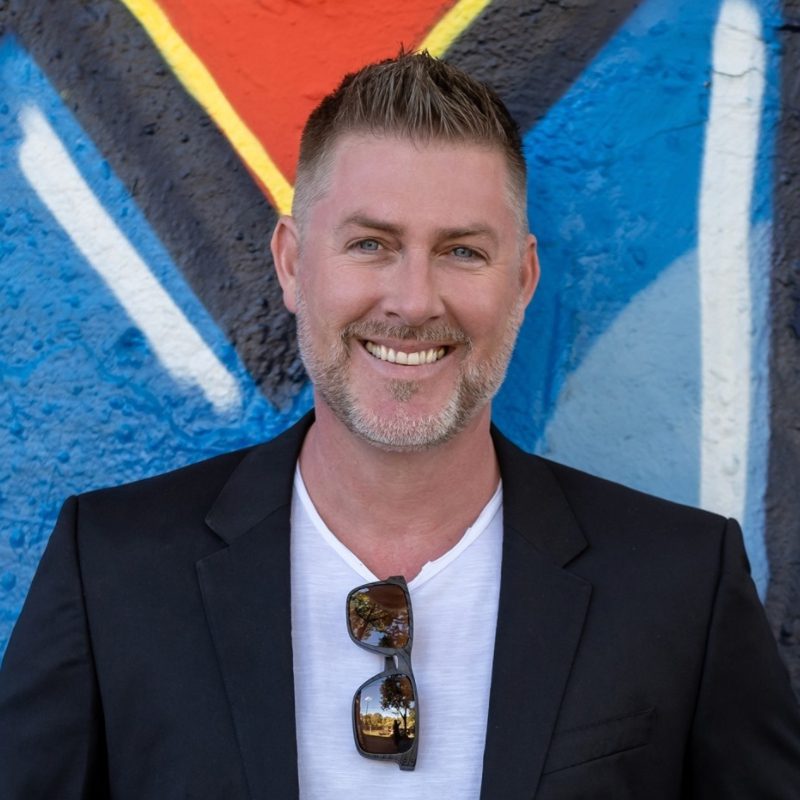Organizations work fine, it’s the people who decide the future
Welcome to the “war room”.
Why You Should Care
For 84% of CEO’s, changing strategy is at the top of the list of concerns as a barrier for success
Talent Management has been in CEO's top three issues of concern for many years
Larger majority of CHRO’s were hired from outside the company and over 60% from experience outside HR
Don’t doubt it — the most talented department of the future will (need to) be human resources. Organizations work fine, it is the people working in them who decide the outcome. Increasingly, line leaders are filling the CHRO positions because they have a greater understanding of business models, change management and, or, transformation, and plenty of experience at finding solutions to often very complex issues – so the theory moves to business management.

veronicoleman via Twenty20
‘I know that HR will continue to play a huge role in building an organization that delivers today, but they must play an even bigger role in developing an organization that is always fit for the future’ – Steve Bertamani, Former CEO, Standard Chartered Bank
HR’s failure to tackle talent management over the last few years (TM as a strategic issue perhaps could have been led by the strategic function, rather than HR …..). The reality for 84% of CEO’s – changing strategy is at the top of the list of concerns that CEOs have on barriers to their success, and Talent Management has been in their top three issues of concern for many years and rather than having solved the problem, CEOs feel it is now a bigger concern than ever.
Many HR practitioners are still not focusing on what makes a difference and are still geared towards traditional HR issues.
Non-HR becoming HR
Cornell did some research we shared a few years ago highlighting that the larger majority of CHRO’s were hired from outside the company and over 60% experience outside HR. (No CIPD certificates, SHRM points, etc). How do we uncomplicate work-HR to take the friction out, and put efficiency into HR & Recruitment, Training, Management, Service and Technology?
Many HR practitioners are still not focusing on what makes a difference and are still geared towards traditional HR issues. Whilst in most cases not enough energy and resources are spent on areas like collaboration and innovation. The reality that the last decade has been designed “for HR”, this decade is geared to – How do I make the lives of our employees, customers and stakeholders easier, faster, better, more successful?

What’s happened over time is that collaboration, openness and trust have become much more of a way of life. The proportion of conventional ‘command and control’ has diminished to almost invisibility in daily life. That natural evolution should offer enough incentive for HR to start skating toward non-traditional HR methods – the old Wayne Gretzky quote comes to mind on where the puck is going to be. HR are still getting the basics wrong in traditional HR areas and why many more will be substituted, which is why other functions will increasingly join the game.

The HR Team – Leading the future
Attracting and developing the best talent is the most important job of the CEO and the CHRO needs to lead that change in partnership with the other functional leaders. The HR department is the first place to lead that change, get the right people on the team …. and the wrong ones off. HR doesn’t need the bus metaphor to figure out the obvious.
Talent management and succession planning are the front-runner executive priorities. It’s notable that strategy execution/alignment and managing/dealing with change are top critical issues for all but the smaller low market performers, while most high market performers have succession planning, talent management and knowledge retention in common.
This may be an indicator that higher-performers are gearing up for a much predicted talent war in the wake of the recession, while lower-performers are being less proactive and digging in with an emphasis on executing existing strategies. It’s interesting to see that CEO’s in many cases appear to have risen to the TM challenge we reported back in 2009 – CEO’s were the main culprit – employees are now more likely to nominate CEO failure to No. 3, poor internal communication (long and obvious list) takes the top spot, followed by cultural challenges (managing corporate culture, quality of work-life, generational diversity, business ethics and flexible work conditions taking the group hug).
Real change?
Brainwashed. The HR service industry has brainwashed many into thinking that reading a book, hiring consultants and going to a course on change management = competent change agent. The challenge especially with hiring consultants on a change or transformation initiative, is that business’s tend to lose that knowledge, skills and readiness when the project comes to a close …. interestingly I heard from one of our members (a major global bank) that they thought it might be easier and cheaper to hire the best consultants from the firms pitching them, so they did just that!
Management is the key to culture. Front line managers need to be natural coaches. There are lots of consultants, reports, conferences, magazines, trainings for HR on engagement (demonstrates once again how powerful the industry attached to HR actually is). My view is very simple – engagement is directly proportionate to the engagement levels of your front line managers. They are the touch points of your business strategy and need to connect with their people every day.
Service. HR as a player over partner – let’s be fair to all the new titles – most re-branding exercises are just window dressing and will always be, to make new names more emotive – like advertising. The start points of service, if the work is repeatable it can be outsourced. Embracing new technologies: Over a year ago I mentioned the capability gap; the new gap for HR, especially now, is “what you know and what you need to know”. Technology is changing that.
Eastern HR
In Asia for example, companies are being serviced by the HR function differently, the best HR leaders are less interested in excellence and focused on speed of application and adaptability. China, where managers brought up in a highly austere communist culture are trying to deal with what are known as “little emperors” – the only children who are a product of the single child policy, doted on by parents and grandparents, and brought up in a modern, consumerist society – the generational difference in China is dramatic. As for talent management, consider one company: it hired 50 graduates only to find, a year into the programme, that it had retained only one (…. for those working in Russia, similarities of what senior level succession looks like). This is a war for talent with an intensity that few in Europe have experienced. Commercially too, the rate of change is unparalleled. Companies such as China Mobile, still state owned and largely unknown until recently, have rapidly become some of the world’s largest and most influential organisations.
Openness & risk
HR isn’t the biggest risk taker out there but… The three most prevalent risk areas are
1.) Open innovation: the capacity to use technology to bring ideas rapidly from within and outside the company to generate innovation. (Crucial for the future and currently most underinvested by HR)
2.) Generational diversity: the capacity to enable all four generational groups in the company to work harmoniously and productively together.
3.) Collaboration: the development of a culture and practices that enable people who are different to each other to collaborate with ease. (Crucial for the future and currently most underinvested by HR)
HR is perfectly positioned to understand the capability and talent of the organization… and unleash the entire workforce in creating the future of work.
The Future of HR
Is HR The Most Important Function of the Future? My vote is yes and will need to pursue the following requirements:
HR governance structures: high-performing HR teams need to have the necessary business relationships and processes in place to build a business case for every major initiative. (Plus the expertise in building compensation and performance into these governance structures). Skills and knowledge in advanced workforce planning capabilitiesincluding an understanding of cultural differences and shifting demographics. Administration: Reduce the admin work for HR Business Partners. HR team/group design should be flexible.
Growing Checklist….. CEO’s and board’s need HR Leaders who are/have:
1.) Cultural and internationally astute. 2.) Change management skills and commercial acumen. 3.) Positively viewed by the rest of the organisations (HR Marketing – not propaganda). 4.) “In the know” on emerging technologies and technology savvy on workforce technologies – many HR departments in Europe are grappling with HR Technology. 5.) Credibility needed in partnering with the CEO and The Board to manage succession.
Why the most talented department of the future needs to be HR.
The best people = currently working for someone else.
Your worst employees = start to work for your competitors.
Thinking beyond competence.
You will never reach excellence = if your company is training people to be mediocre.
Mediocre performance = will only attract mediocre people.
Top team focus & purpose = does only the work it can do.
Meaning = creating a workplace with a culture fit, leading to CSR & social business programs.
The winners will be those who can provide data driven insights into the human component of the business to the CEO, board and line leadership … and of course in making the lives of the employees better and more successful (faster, simpler, happier and more effective).
HR is perfectly positioned to understand the capability and talent of the organization, with access to more on demand technology to help enable, engage and unleash the entire workforce in creating the future of work.
Sign up to the UNLEASH Newsletter
Get the Editor’s picks of the week delivered straight to your inbox!

Founder & CEO, UNLEASH
Marc is passionate about building global communities that ignite possibilities and power the new working world.
Contact Us
"*" indicates required fields
Partner with UNLEASH
"*" indicates required fields